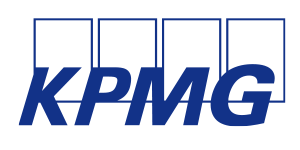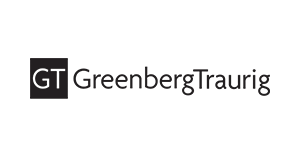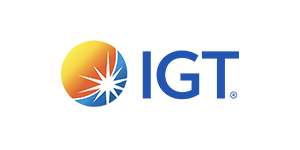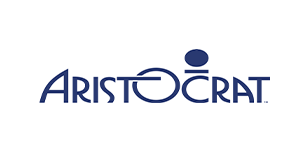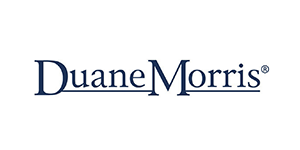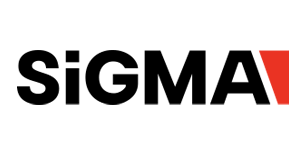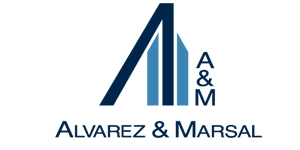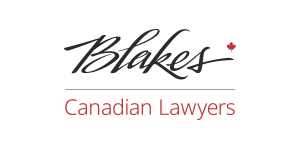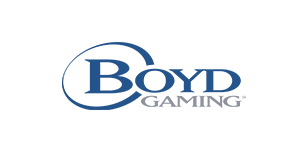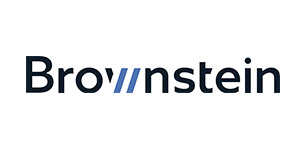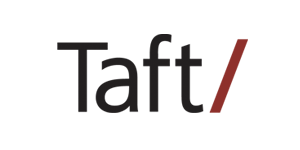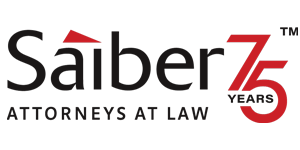- Home
- About IAGA
- Events
- Membership
- Sponsorship
|
White Paper Series: Regulatory Panel changes – Fair or unfair?
Expert Insight provided by Bahar Alaeddini, a Partner with Harris Hagan
In this article, we consider the Gambling Commission’s recent proposals to make changes to its arrangements for Regulatory Panels.
It will not come as a surprise to readers that, as gambling lawyers, we have serious concerns about the proposals to:
Regulatory Panel and its importance
The Regulatory Panel provides an important opportunity for applicants and licensees to attend an oral hearing to challenge decisions made by Gambling Commission staff. It is the only avenue of recourse, outside the expensive options of the First-tier Tribunal and judicial review, when the Gambling Commission is going against you. Whilst we accept it is still, in fact, the Gambling Commission, it is an important accountability mechanism for Gambling Commission employees making decisions under delegated powers. This avenue of recourse should not be further eroded.
October 2023 consultation
The two main proposed changes are:
The Regulatory Panel will no longer comprise up to three Commissioners, advised by an independent legal adviser. Instead, it will be chaired by a legally qualified Adjudicator sitting alongside one Commissioner and one senior Gambling Commission employee. The Adjudicator would sit alone on case management matters and personal licensing cases.
The main reasons for the proposed change are to improve availability, improve governance and accountability and provide an enhanced skillset for decision making.
Our main concerns are:
Another proposal is to change the default from oral hearings to paper-based decisions. An oral hearing can be requested by the applicant/licensee; alternatively, the Panel itself may decide it is “required” – using a test of “fairness”, for example, where there are “material and significant disputes of fact”.
The main reasons for this proposed change are to reduce the burden on applicants/licensees particularly where they have unrepresented, and to increase the promptness of decision making.
Our main concern is that applicants and licensees will be denied the opportunity to bring their arguments to life.
What is the test of fairness and why do we need one?
The requirements of fairness are flexible and fact-specific. Legal history places huge importance on oral argument and, in our view, with good reason.
Another concern is the matter of mutual respect for the Gambling Commission and the applicant/licensee with the latter’s perception of the process being central, as acknowledged in Osborn v Parole Board [2013] UKSC 61, in which Lord Reid referred to the principle that:
…justice is intuitively understood to require a procedure which pays due respect to persons whose rights are significantly affected by decisions taken in the exercise of administrative or judicial functions. Respect entails that such persons ought to be able to participate in the procedure by which the decision is made, provided they have something to say which is relevant to the decision to be taken.
We feel strongly that the Gambling Commission’s proposals do not conform to the necessary standards of fairness. The proposed barrier should therefore be removed, and the policy should simply say that an oral hearing can be chosen on request. This will address the Gambling Commission’s main reason for the proposed change whilst still enabling those who want one, a fair hearing.
Concluding thoughts
It is undeniable that the Gambling Commission is a very powerful regulator. How many other UK regulatory authorities can impose limitless fines, commence criminal proceedings and decide to close multi-million pound businesses?
It appears that the Gambling Commission’s primary focus is to cut costs. Inevitably, good decisions will not be made in the public interest, nor will those decisions be made following a fair process. The only possible – dim – glimmer of hope is that decisions should be quicker. However, if those decisions are of poor quality and unfair, it means that they will be more routinely appealed to the First-tier Tribunal, which will be lengthy, uncertain and expensive. Therefore, any possible benefit gained will be more than outweighed by the drawbacks.
If we look at the regulatory landscape, the Gambling Commission is proposing to make these significant changes at the same time as it is escalating fines and sanctions. Effective regulation requires effective accountability, and it seems to us that the Gambling Commission is removing a weakening mechanism which holds the regulator to account.
In conclusion, and repeating the final words from my May 2020 blog, the proposed changes do not offer a practical vision for adjudication that is consistent with good regulatory and legal practice. There is nothing to suggest that fairness has been a consideration. The only consideration appears to be about saving cost, time for the Gambling Commission and Commissioners, and speeding up the process. In doing so, the duty to act fairly has been compromised.
The consultation closed on 18 October 2023. We eagerly await the publication of the Gambling Commission’s consultation response.
The word count of this article has been reduced for the IAGA website. If you would like to read the full version, it is available here: White Paper Series: Regulatory Panel changes – Fair or unfair?
|

